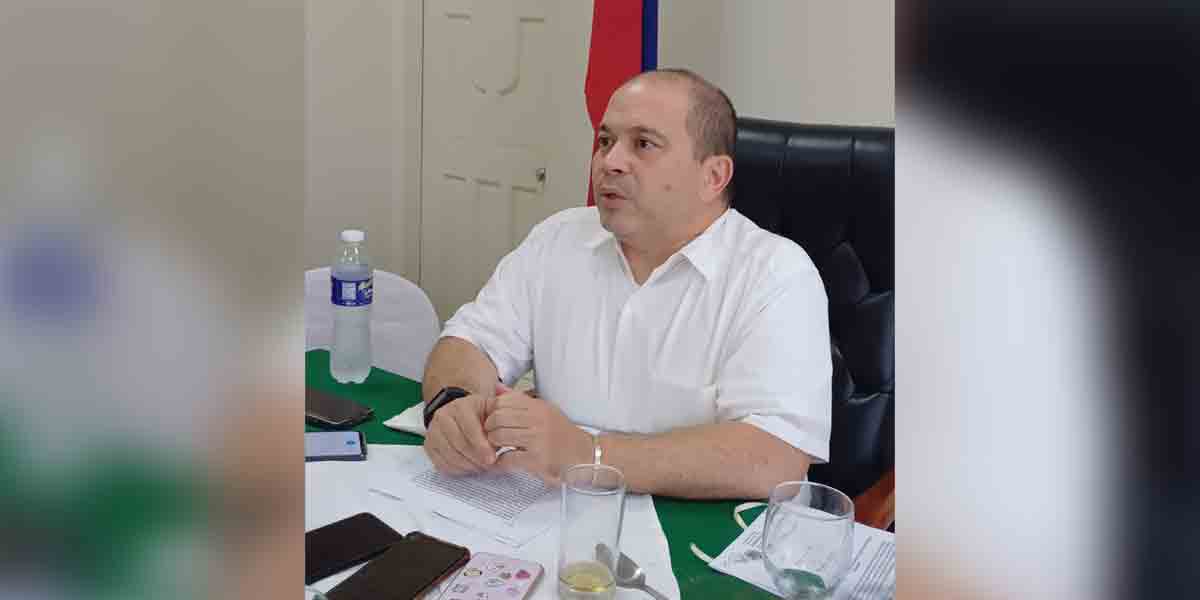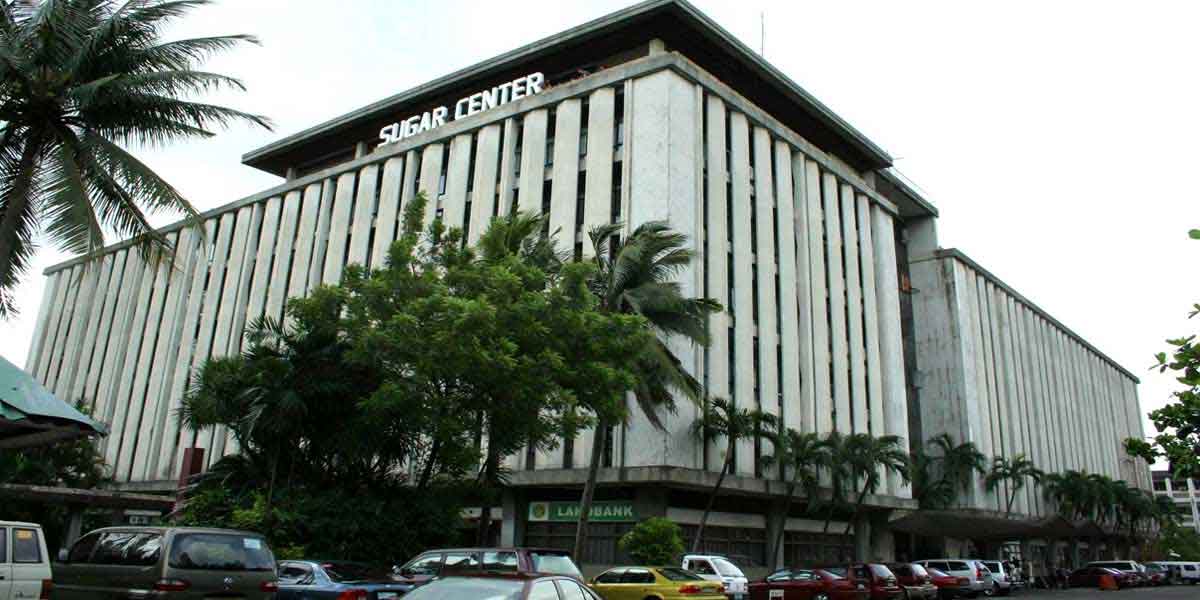 By Dr. Rex Casiple
By Dr. Rex Casiple
In 2019, the Commission on Higher Education (CHED) celebrated its 25th Founding Anniversary. The theme of the celebration was “Celebrating 25 Years Towards Access, Equity, and Global Excellence in Higher Education”. The CHED celebrated its Silver Anniversary from April 23, 2019 to May 17, 2019. This was a 25-day celebration that featured events, activities and other initiatives that revolved around the theme.
In the last 25 years, the Commission broadened the access of deserving and qualified Filipino students to higher education opportunities by extending financial assistance to poor but deserving college students through scholarships, grants and loan programs.
The Commission facilitated the implementation in higher education of RA 10931 otherwise known as Universal Access to Quality Tertiary Education. This Act implemented the free tuition and other fees to students enrolled in SUCs and CHED recognized local colleges and universities (LUCs).
Furthermore, this Act subsidized the tuition and schooling of qualified students enrolled in private higher education institutions (PHEIs) and granted loan programs to qualified students enrolled in college and in graduate school.
The classes in the tertiary level started on June 3, 2019. In Western Visayas Region, around 200,000 college students were back to schools in academic year (AY) 2019-2020. Enrolment in priority courses necessary for national development and global competitiveness, such as engineering and agriculture and fisheries, was still in the lower rank.
Enrolment in business education courses remained in the top occupying more than one-fourth of the total enrolment in higher education in the Region. Generally, due to senior high school (SHS) offerings three years ago, there were few enrollees in the third year and fourth year levels except in those higher education institutions (HEIs) opted to accept old third-year and fourth-year college enrollees.
Per RA 10931 or “Free Higher Education Act of 2017”, SUCs and CHED recognized LUCs were not allowed to charge tuition fees and basic miscellaneous fees, such as, library fees, computer fees, laboratory fees, school ID fees, athletic fees, admission fees, development fees, guidance fees, handbook fees, entrance fees, registration fees, medical and dental fees, cultural fees, and other similar or related fees.
To avoid consequences of enrolling in ‘fake’ courses in private HEIs, incoming college students were advised to secure or look for program’s permit or recognition certificates issued to school by the CHED.
The conversion of public HEIs from college to university was basically political initiatives or legislative measures. There are eleven (11) state colleges and universities based in Region VI: six (6) universities and five (5) colleges. Out of five state colleges, four (4) have pending applications for university conversion and one (1) has submitted its intention for conversion to university late in this year 2019.
The existing governance in public and private HEIs particularly in policy measures regarding salaries, curricular offerings, financial allocations, granting of authority among others caused unequal treatment among HEIs. The implementation of “Free Higher Education Act of 2017” urged more students to enroll in public HEIs rather than in private HEIs.
The continuing increase in the gap of salaries of teachers among private HEIs, SUCs and local colleges, urged many of the best and brightest teachers from private and local colleges to transfer to state colleges and universities (SUCs) for greener pasture. The budget for research and extension programs in majority of public and private HEIs has been very inadequate. This caused a lack of priority consideration for research by said HEIs.
(To be continued)




















